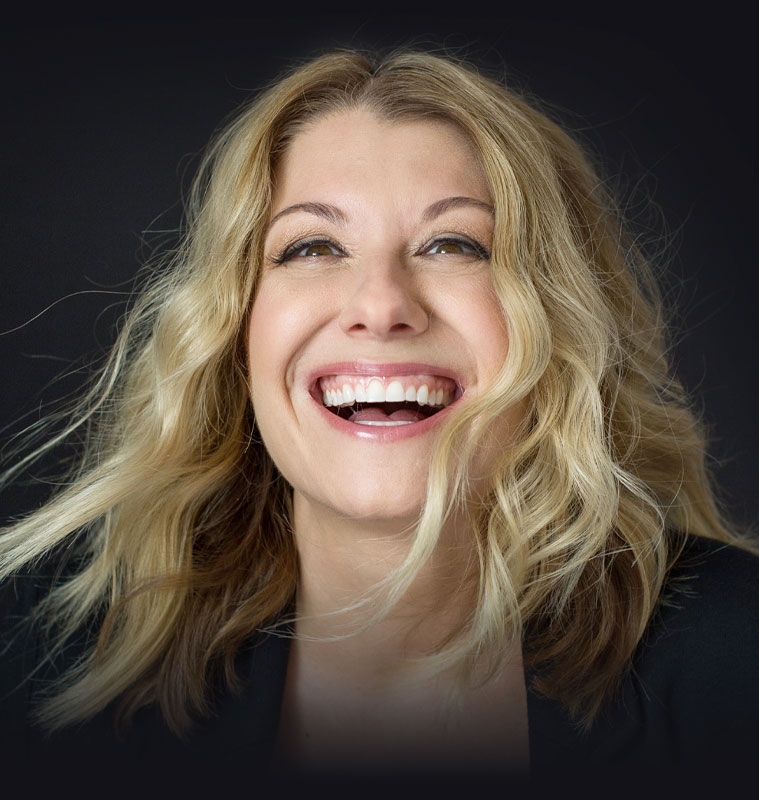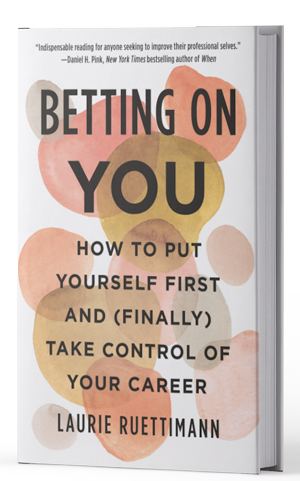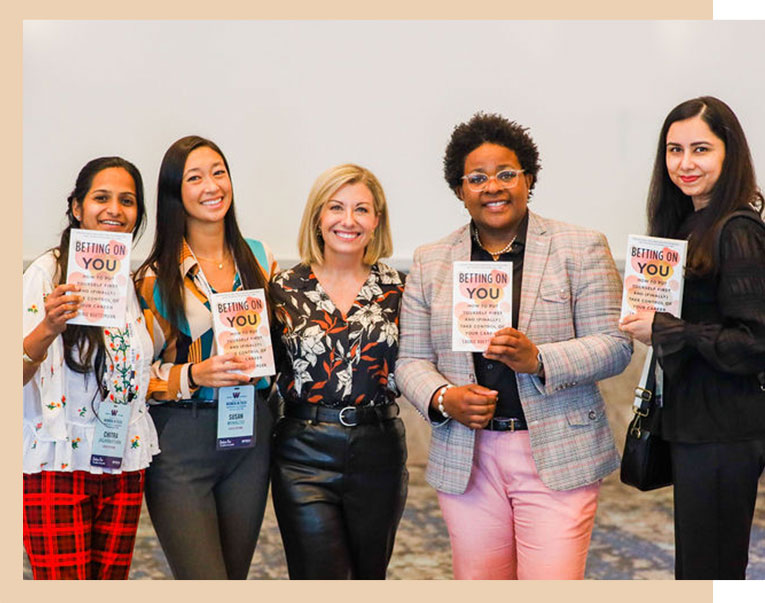
Author.
Speaker.
Podcaster.
Innovator.
![]()
It’s time to rethink work and transform work culture.
Embrace the future of work by redefining your approach to leadership. Discover innovative solutions to revitalize leadership skills and transform work culture to boost business success.

Elevate Your Leadership, Management & Accountability Skills with LinkedIn Learning
Revolutionize your career with my top-rated LinkedIn Learning courses, expertly crafted to help you excel in leadership, management, and personal accountability. With my relatable teaching approach and extensive experience, I’ll guide you and your team through essential skills and strategies for long-term professional success.
Unlock Your Potential
with “Betting On You”
Experience the life-changing power of investing in yourself through my book, “Betting On You.” Learn how to escape toxic work environments, prioritize self-care, and achieve career success on your terms. Don’t miss this essential guide to personal empowerment and professional growth.

Unlock Your Potential
with “Betting On You”
Experience the life-changing power of investing in yourself through my book, “Betting On You.” Learn how to escape toxic work environments, prioritize self-care, and achieve career success on your terms. Don’t miss this essential guide to personal empowerment and professional growth.

Engaging & Dynamic Keynote Speaker for the Future of Work
In search of a compelling and inspiring speaker for your audience? As an experienced keynote speaker, I have delivered impactful presentations at global conferences, moderated insightful panels, and hosted prestigious events. Event organizers enjoy working with me, as I consistently captivate and enlighten audiences with my unique leadership, management, and collaboration insights.
Explore Work-Life Challenges with the Punk Rock HR Podcast
Join the Punk Rock HR Podcast for thought-provoking conversations on pressing work-life issues. Subscribe to Punk Rock HR and become part of our vibrant community seeking to redefine their careers and lives.
KEEP IN TOUCH
Sign up for updates and news from Laurie Ruettimann and Punk Rock HR.

You must be logged in to post a comment.